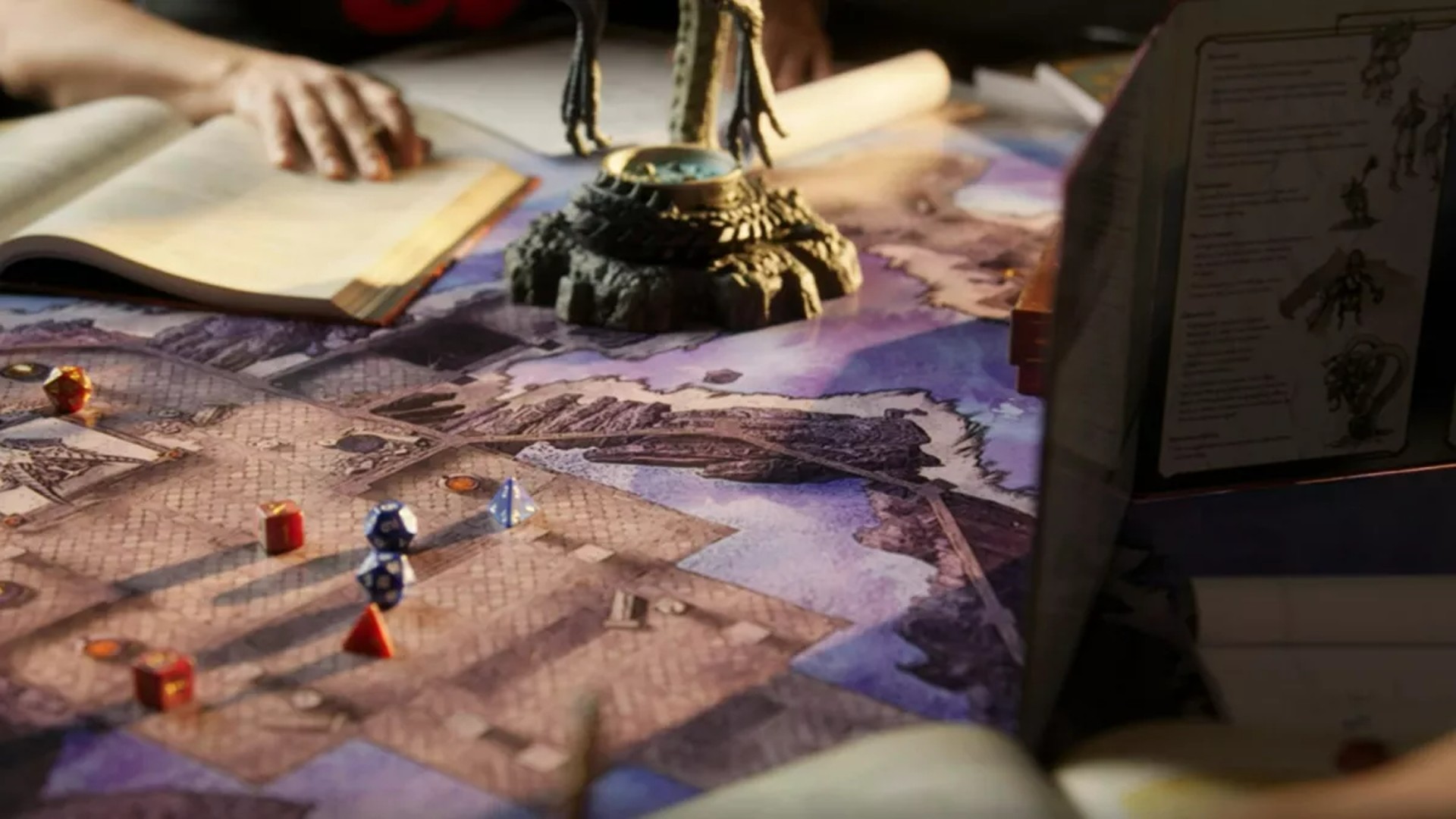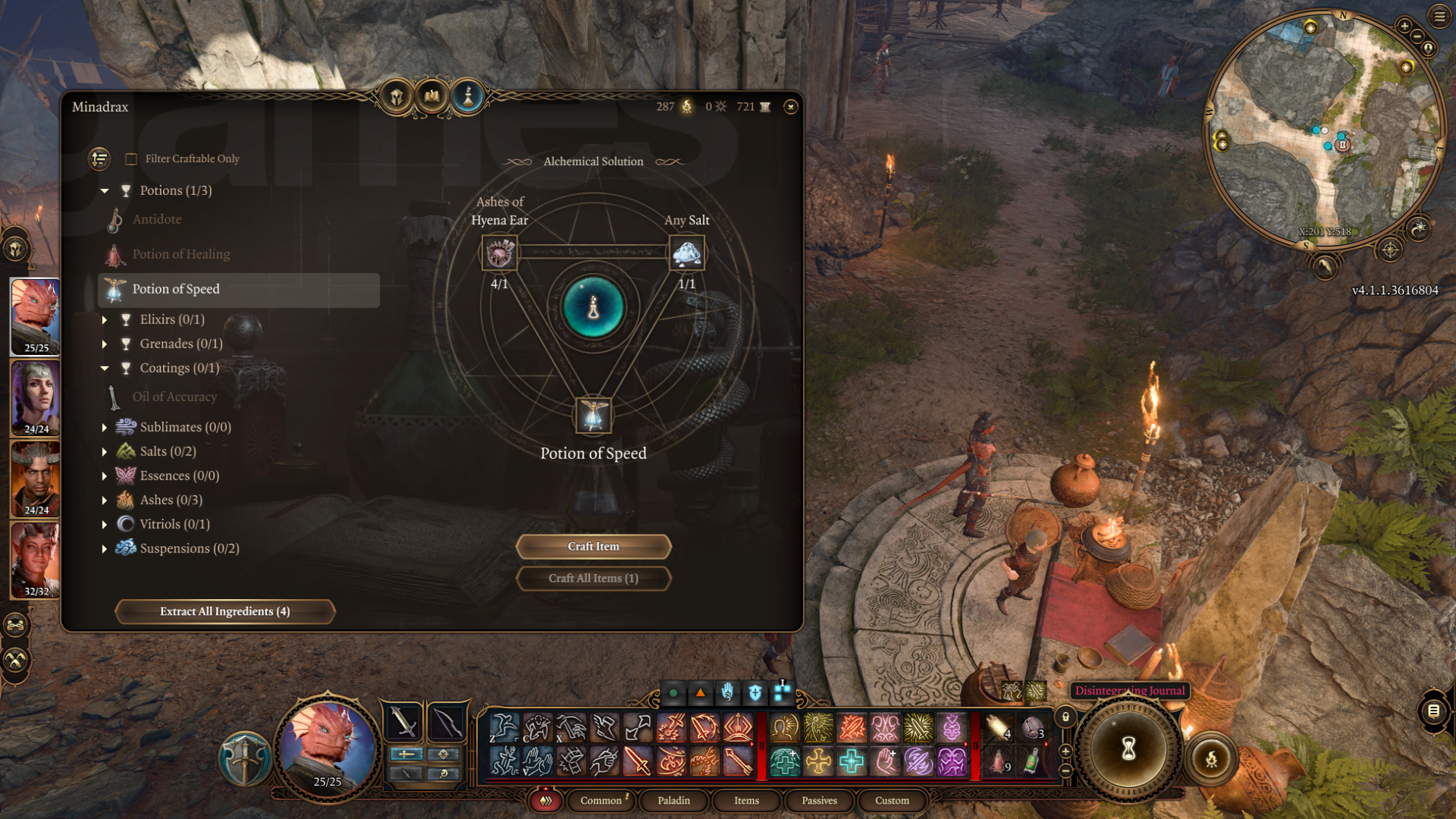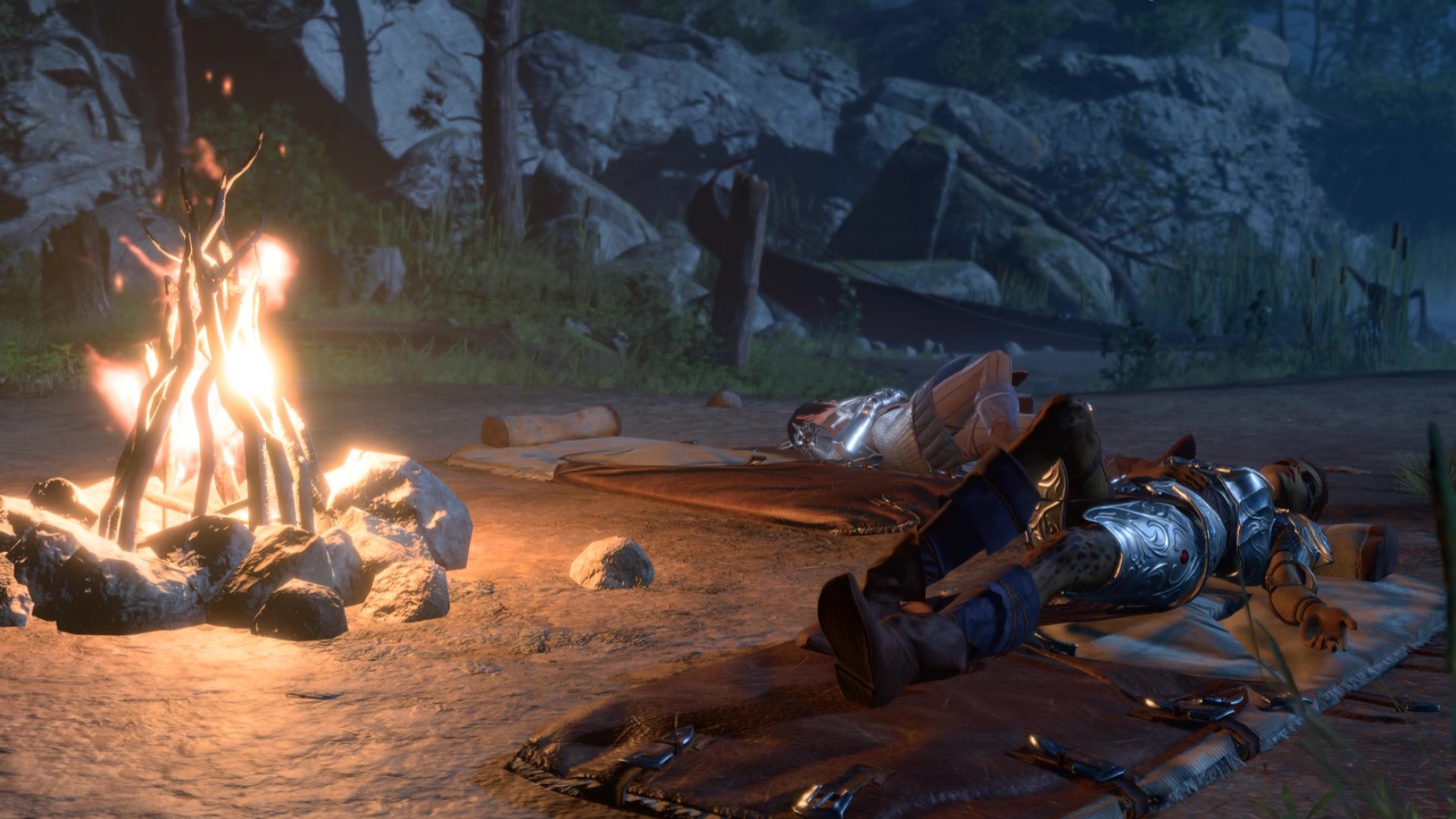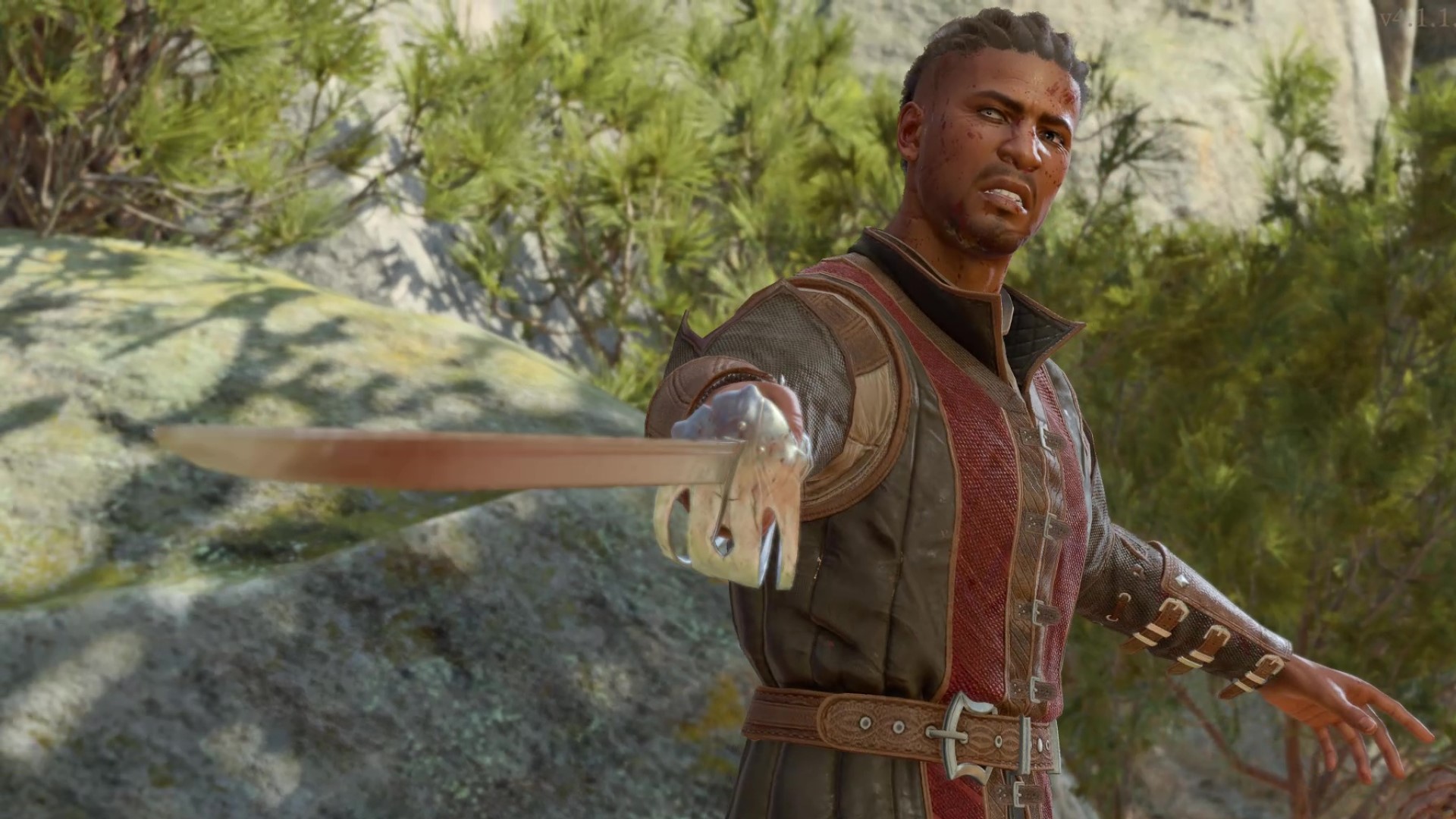
Baldur's Gate 3 is a hit. After years in early access, the D&D-inspired jaunt through the Forgotten Realms has launched officially on PC (due on PS5 next month), and the result is a near-uniform celebration of the game's successes. Or, as we said in our Baldur's Gate 3 review, "a new gold standard for RPGs". Horny bears, and all.
But Baldur's Gate 3 launches at a curious time for Dungeons & Dragons, the influential tabletop role-playing game (TTRPG) on which the game's mechanics are closely based. D&D is set to redefine its current ruleset for the game's 50th anniversary next year, and is currently in the process of cycling through various playtests for the upcoming edition, codenamed 'One D&D'.
Game developer Larian has made a number of notable, if subtle changes to the way D&D's mechanics work, though, in the development of Baldur's Gate 3 – and One D&D's designers would do well to pay attention to Larian's changes.
A new D&D edition generally only arrives once a decade (like an undead lich, prophesied to return with startling regularity), and it's a great opportunity to incorporate Larian's canny improvements into the core ruleset. To this end, here's everything we'd like to see Wizards of the Coast learn from or incorporate in future.
Universal bonus actions

Bonus actions can be frustratingly inconsistent in D&D Fifth Edition, with some classes getting lots of use out of them (hiding, dashing, punching, smiting) and others often struggling to use them at all. In Baldur's Gate 3, each character has a set of universal bonus actions. So no matter what class you are, you're able to 'Jump', 'Hide', 'Shove', 'Dip' or use a consumable Potion – keeping your primary action free for other, more important things, like hitting a goblin in the face.
Usually in D&D, hiding, shoving, or drinking a potion takes an action – but relegating these more humdrum actions to a bonus action ensures players don't miss out on casting a flashy spell or making a big swing with their ax, and ultimately feeling like their turn ended not on a bang, but a whimper. (Critical Role, the most well-known D&D actual play series, has long used a 'house rule' that says potions can be used as a bonus action if you're drinking one yourself – and it certainly helps to keep things moving.)
The most important thing is that bonus actions are standardized between classes, making them a lot easier to parse for players, while ensuring everyone can do something with them. For extra reading, check out our Baldur's Gate 3 crafting and alchemy guide.
Instant Short Rests

Short Rests are another pain point in the current edition of D&D. Some classes (like the Fighter or Monk) rely on features designed to refresh on an hour-long Short Rest, while others (Wizard and Cleric) can generally wait for an eight-hour Long Rest to refresh their most crucial resources. This disparity can see Short Rest-dependent classes struggle in parties that generally skip Short Rests, out of impatience or a desire to keep things moving.
Baldur's Gate 3 keeps the Short Rest mechanic, but wisely keeps them to a 15-minute length, making them more easily undertaken – something that One D&D's designers would do well to pay attention to. It also auto-heals you for 50% of your hit point maximum, which is certainly simpler than rolling a number of hit dice every time.
Special weapon attacks

Swinging a sword can get a little repetitive, especially when you see caster classes bending reality to their will at higher levels in D&D – so some flashy weapon abilities have been overdue for a while.
Baldur's Gate 3 combat introduces a series of special attacks that apply to various weapons, and refresh on a short rest – like Backbreaker, which can knock an enemy to the ground; Mobile Shot, which lets you make a ranged attack while moving; or Cleave, which can let you hit multiple enemies in a single swing.
One D&D already has its own version in the works – 'Weapon Mastery', which gives every weapon an additional, at-will ability that certain classes can utilize – which has already gone down well with players and looks set to be included in the upcoming rules revision. Hold the line!
Boosts for Monks

Ah, the Monk. Truly one of the most maligned classes in D&D 5E, and the subject of eternal complaints on various D&D subreddits – as a melee class with middling hit points, a dependence on Short Rests (see above), and a notoriously limited resource system (Ki points).
A Baldur's Gate 3 Monk build sees a number of small, but notable improvements, including a +1 bonus to the Monk's number of Ki points, and changes to the subclass ability, Wholeness of Body, that refreshes your Ki instead of just your health, helping to keep you topped up.
There's also a smart, subtle change to Flurry of Blows – a key Monk ability that makes multiple attacks as a bonus action, as long as you also attack with your primary action. In Baldur's Gate 3, that restriction is gone, meaning you can keep your action free while only attacking with your bonus action. It sounds like a small change, but points to how subtle fixes can unlock wider freedom on a player's turn.
Ultimately, we'll find out in 2024 whether Wizards of the Coast took the right lessons from Larian – and if they don't, we'll always have Baldur's Gate 3.
Love you some roleplay? Check out 25 of the best RPGs you can (and should) play right now







